3/11
Plant-Based Leaders | Bio Nebraska

For this edition of Plant-Based Leaders, we connected with PBPC member Bio Nebraska, a trade association representing the state’s biosciences sector. The non-profit group has over 125 entities across the sector, including in human health, animal health, agriculture, renewable fuels, and biomanufacturing, as well as educational institutions and service providers.

Rob Owen, Executive Director of Bio Nebraska sat for the Q&A, which has been edited.
Q
Tell us a bit about the history and the founding of Bio Nebraska.
A
We were founded in 2005, so we are approaching twenty years. Bio Nebraska was really born out of the University of Nebraska system and the ideas of then-president Milliken. The goal was to create relationships between industry and the university system – the researchers, professors – with the hope of commercializing their technology and research with the support of the private sector.
Q
Give me your elevator pitch to new members.
A
I always say we are a three-legged stool. First, we offer networking events. Our members thrive when they can get together and we provide them opportunities to share their stories, good and bad.
Second is advocacy. Not only is it issue advocacy – state level lobbying – but it’s also advocating for Nebraska’s biosciences broadly. That includes education, such as attending events, being on panels, talking about our members, talking about what’s going on in the state.
And the third leg is our workforce development initiatives.
But big picture, Bio Nebraska connects people. If the industry in the state is a wheel and spokes, we strive to be at the center, linking the industry participants.
Q
Speaking of making connections, Nebraska has two big industry events in 2024, including PBPC’s annual meeting in April. Talk about the importance of such conferences.
A
We are a sponsor of the PBPC event, Circular Solutions. And we are working hard to recruit as many members as possible to attend. It speaks to the importance of networking, and helping our members make new business connections.
For PBPC to come to Omaha for its second-ever annual event, I think is a great step that will bring people to the Midwest and highlight the industry based here. That goes to the bigger picture of awareness, raising the profile of Nebraska’s incredible industry and our members. For example, just in the Omaha area, alone, you can find the ADM campus, Cargill, NatureWorks, Novonesis, Evonik and others.

Q
You also have Bio Innovations Midwest in September.
A
This grew out of an event that has been held in Europe over the years called World Bio Markets.
The state of Nebraska has attended World Bio Markets a couple times and I give a lot of credit to the Nebraska Department of Economic Development for having those ongoing discussions with the folks who own World Bio Markets about bringing an event here. I think having PBPC in April and then Bio Innovations Midwest in September is an incredible showcase for our state and our industry.
Q
The biosciences sector is crucial in Nebraska given the amount of agriculture in your state, talk to us about opportunities that creates for the local economy.
A
There are roughly 18,000 jobs in Nebraska associated with the biosciences, including agriculture and downstream jobs. The average salary for those jobs is $82,000 a year. The average private sector job in Nebraska pays $54,000 annually. Clearly, the biosciences are creating a high wage, high quality workforce.
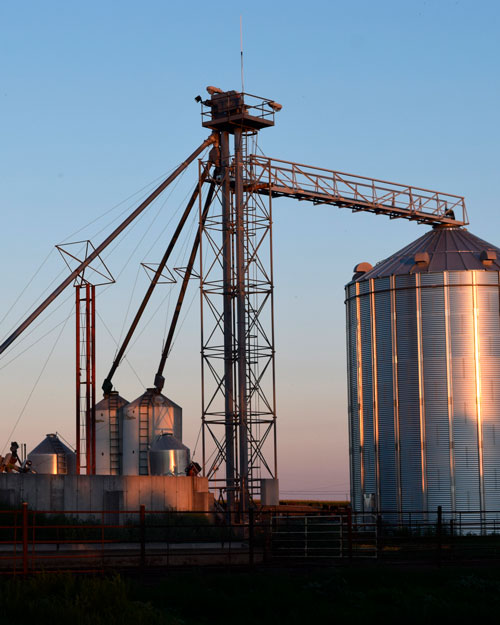
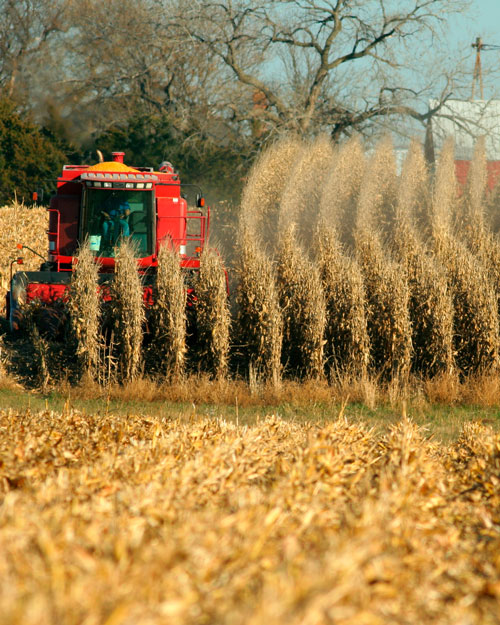
Q
That’s impressive. Sticking with the topic of the workforce, you’re also developing a Fermentation Collaborative.
A
Yes, it’s another three-pronged initiative. The first and the most important is the workforce component. One of the industry’s most pressing needs is for more folks with a background in fermentation. That is hard to find in the Midwest and anywhere, really, in the United States. This fermentation initiative is bringing together biomanufacturing, animal vaccine, renewable fuels, and others with academic institutions to figure out what kind of curriculum is needed to build this workforce.
Component two is an awareness program, not only about the jobs and curriculum, but really about the companies and the industry that exists here in Nebraska. Kids are not going to show up to their local community colleges or universities and say, “I want to be a fermentation scientist.” So we need to figure out ways to get into the local junior highs and high schools to explain and showcase these professions and the related opportunities.
Third, over the longer-term, we expect to create an ecosystem for startups in that fermentation world to come to Nebraska. And that’s going to take some capacity building.
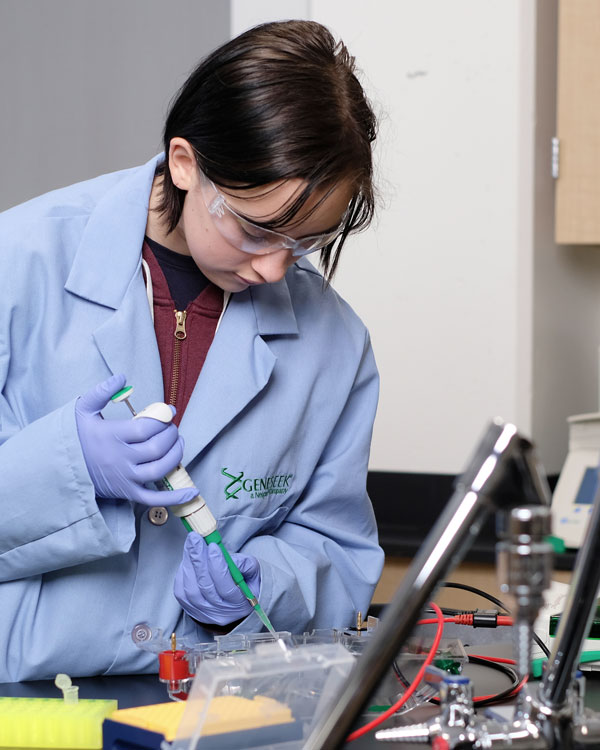

Q
Also on the topic of workforce you have a Women in STEM program.
A
Six or seven years ago we came up with the idea of Women in STEM. And it wasn’t necessarily about recruiting women into the STEM fields, but it was more about providing content for personal professional development that would allow them to succeed in their current position.
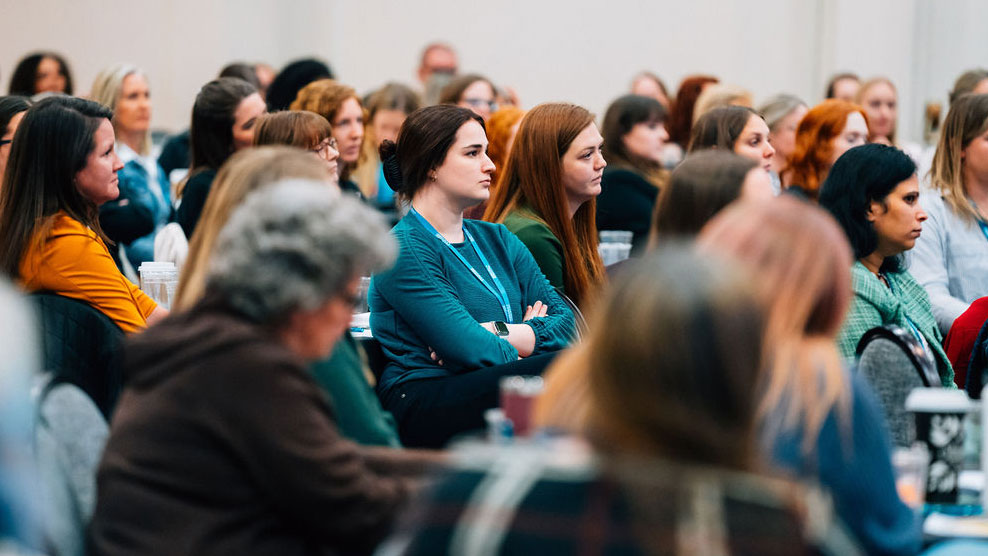
It was an overwhelming success. And we’ve since teamed up with Nebraska Cures, which is a health-related association to really broaden Nebraska women in STEM. In fact, our upcoming Nebraska Women in STEM annual conference is sold out with 450 registrants.
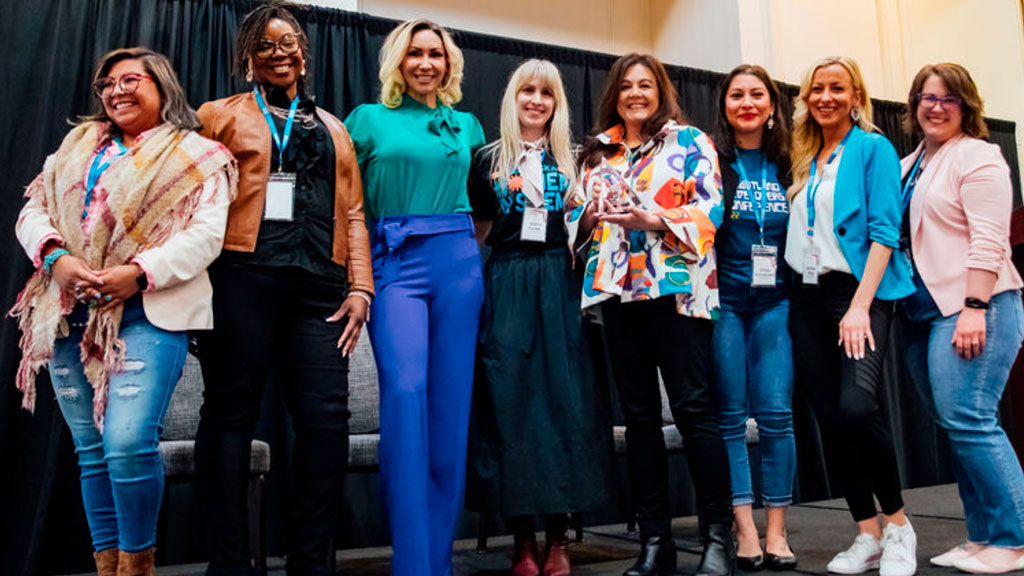
We’ve also launched a Women in Bioscience Initiative, which is specifically for Bio Nebraska members. It focuses on women who are graduating college or receiving their master’s degree or a PhD, and helps them make connections with our members in the industry. Both the Nebraska Women in STEM and Women in Biosciences are guided by Bio Nebraska’s Assistant Director, Sasha Forsen.
Q
All of your members benefit from these incredible programs. Take me a little bit deeper on two or three of those members. Perhaps some smaller startups that deserve the spotlight.
A
We have most of the state’s largest players, but we also have a number of smaller companies, like Bluestem Biosciences. They’re based here in Omaha. And essentially, they are in synthetic biology, precision fermentation. They go in and change the DNA of enzymes so instead of the end-product being ethanol, they create a biochemical that can be used in clothing. It can be used in tires. This end product can be anything, really, taking the place of petroleum products.

The other company is VIRIDIS Chemical Company, which has a facility in Columbus, Nebraska, located just across the street from an ADM facility. They receive bioethanol from ADM and create bio-based renewable chemical called ethyl acetate. From what I understand, it can serve as a petroleum-based replacement in everything from flexible packaging to consumer products to paint and coatings.

Q
Nebraska is among the nation’s friendliest states for bio manufacturing and plant-based products. What should other states or even the federal government, be learning from Nebraska?
A
Agriculture is the number one industry in the state. And so everyone has embraced that here. And the policies are in place at the state level, tax-wise and regulatory-wise to allow our agriculture industry to grow in a number of directions.
Governor Pillen has a great take. He says that he “doesn’t want to see another kernel of corn exported from the state.” That’s because a kernel of corn processed in the state is worth so much more than a raw kernel of corn leaving the state. And that speaks to creating more high-quality, high-paying, innovative jobs that will then create economic expansion based on our agricultural foundation.
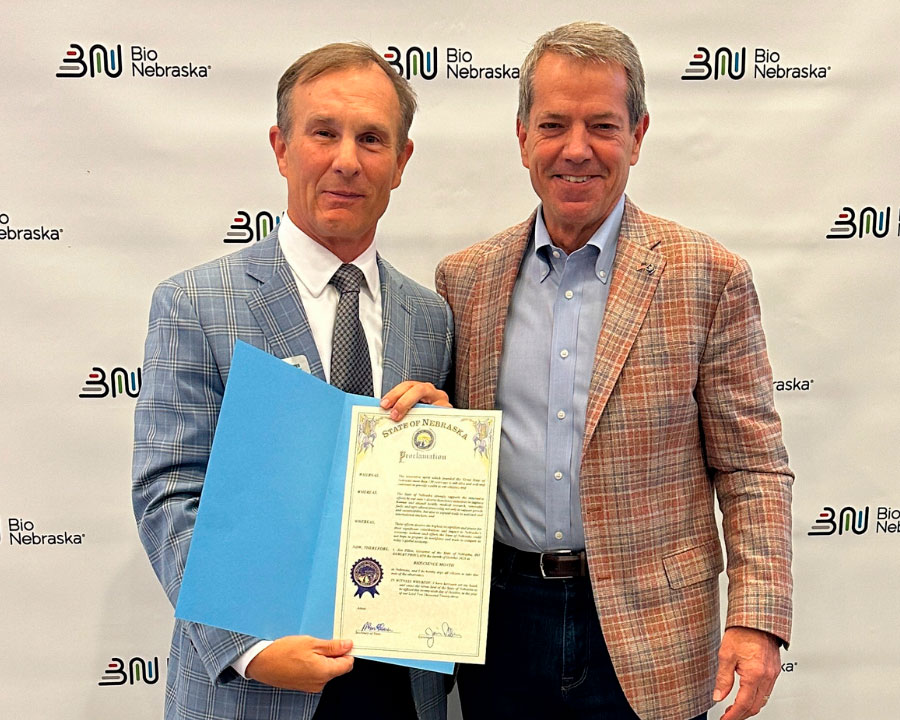
Q
As a relatively new member to PBPC how do you see Bio Nebraska and PBPC working together?
A
It’s always nice having a national association available with those resources. Bio Nebraska is just me and Assistant Director Sasha Forsen, so we can’t do everything or be everything to everyone.
Being associated with PBPC and its expertise is not only a benefit to Nebraska, but to our members.
I look forward to leaning upon PBPC’s regulatory assets and expertise, especially, which I think will be immensely popular with my membership. Our goals are the same, to grow the biomanufacturing ecosystem, so I know PBPC will be a great resource going forward.
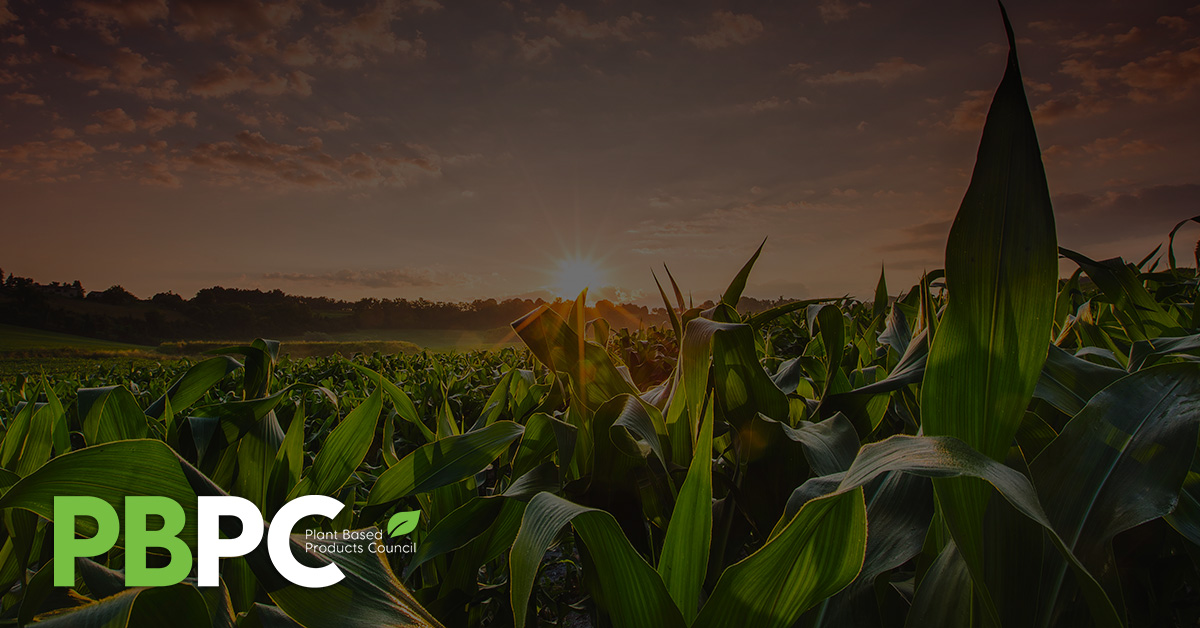
Our goals are the same, to grow the biomanufacturing ecosystem, so I know PBPC will be a great resource going forward.
Interested in learning more about how plant-based products contribute to a more sustainable economy? Sign up for our newsletter.
